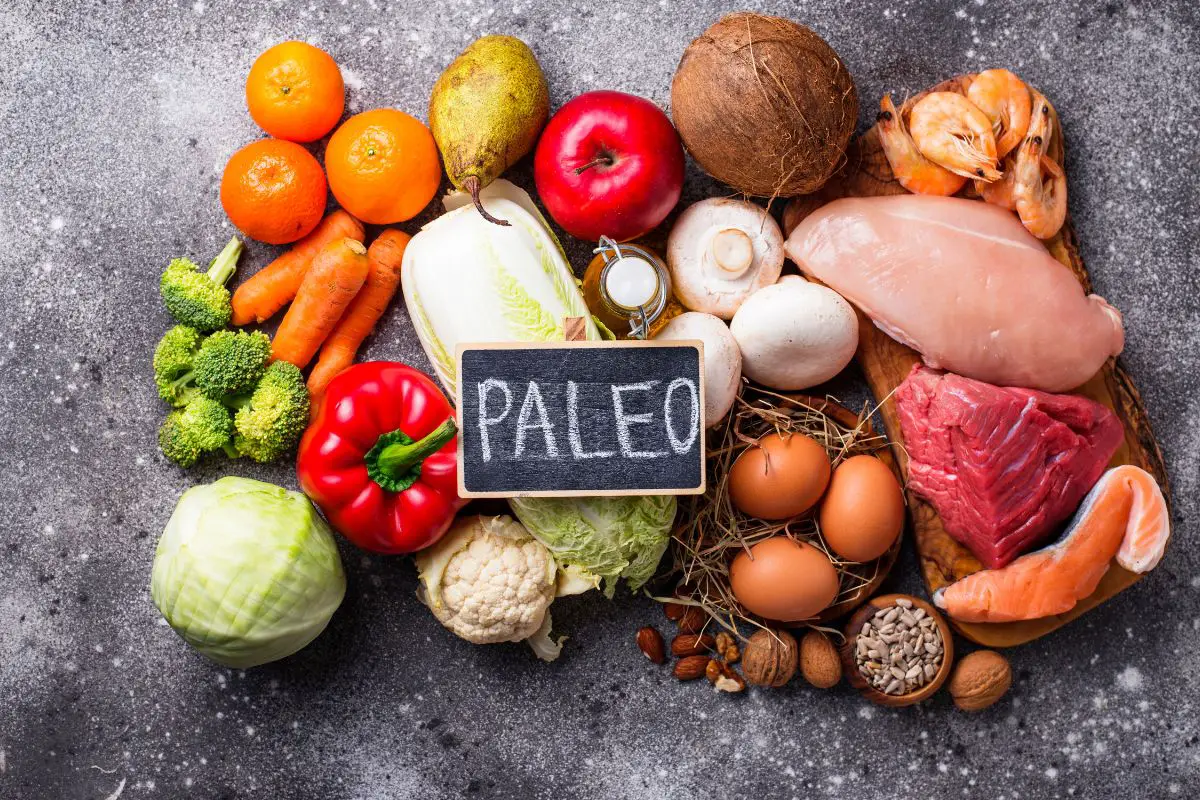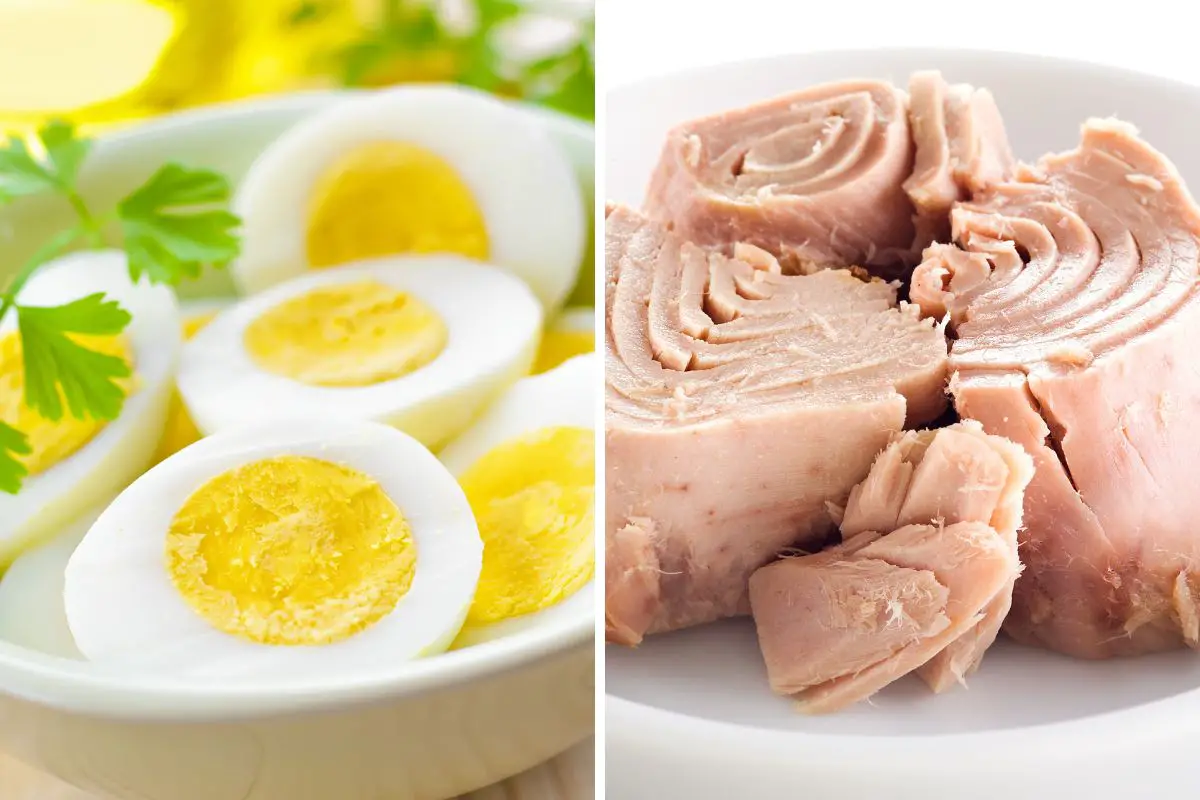Ideal Protein Diet: Unlocking Weight Loss Success

Introduction
Ideal protein diet has gained immense popularity in recent years. This nutritionally balanced approach emphasizes the consumption of high-quality proteins while limiting carbohydrates and fats. By following the principles of the ideal protein diet, individuals can achieve weight loss, improve body composition, and promote overall well-being. In this article, we will delve into the details of the ideal protein diet, its benefits, and how to incorporate it into your lifestyle for optimal results.
Understanding the Ideal Protein Diet
The ideal protein diet is a low-calorie, low-carbohydrate, and high-protein diet that focuses on delivering essential amino acids to the body. By providing an adequate amount of high-quality protein while minimizing carbohydrates and fats, this diet encourages the body to enter a state of ketosis. During ketosis, the body relies on stored fat for energy, leading to rapid and sustainable weight loss.
Key Benefits of the Ideal Protein Diet
1. Effective Weight Loss: The ideal protein diet is renowned for its ability to promote significant weight loss. By restricting carbohydrates and prioritizing protein intake, the body’s metabolism switches from glucose to fat as its primary fuel source, resulting in a more efficient fat-burning process.
2. Preserves Lean Muscle Mass: Unlike many other diets, the ideal protein diet helps preserve lean muscle mass during weight loss. The high protein content supports muscle repair and growth, ensuring that the body primarily targets stored fat for energy rather than breaking down muscle tissue.
3. Appetite Control: Protein-rich foods have been shown to enhance satiety, helping individuals feel fuller for longer periods. By consuming ample protein on the ideal protein diet, cravings and excessive hunger pangs can be reduced, making it easier to adhere to the program.
4. Improved Body Composition: In addition to weight loss, the ideal protein diet promotes improved body composition by reducing body fat percentage and increasing lean muscle mass. This leads to a more toned and sculpted physique, helping individuals achieve their desired aesthetic goals.

Incorporating the Ideal Protein Diet into Your Lifestyle
1. Consultation with a Healthcare Professional: Before embarking on any dietary changes, it is advisable to consult with a healthcare professional or a registered dietitian. They can assess your specific needs, provide personalized guidance, and monitor your progress throughout the diet.
2. Setting Realistic Goals: Establishing realistic and achievable weight loss goals is crucial. While the ideal protein diet can yield rapid results, it’s important to remember that sustainable weight loss is a gradual process. Aim for a healthy and sustainable rate of weight loss, typically 1-2 pounds per week.
3. Emphasize High-Quality Protein Sources: Include lean sources of protein in your meals, such as chicken, turkey, fish, eggs, tofu, and legumes. These protein-rich foods provide essential amino acids while keeping calorie intake in check.
4. Limit Carbohydrate Intake: Minimize the consumption of high-glycemic index carbohydrates, including refined sugars, white bread, pasta, and sugary beverages. Instead, opt for low-glycemic index carbohydrates like whole grains, vegetables, and fruits in moderation.
5. Adequate Hydration: Staying hydrated is crucial for overall health and weight loss. Water helps flush out toxins, supports digestion, and aids in appetite control. Aim to drink at least 8 cups of water per day and limit the intake of sugary beverages.
6. Regular Physical Activity: Incorporate regular exercise into your routine to enhance the effects of the ideal protein diet. A combination of cardiovascular exercises, strength training, and flexibility exercises can optimize weight loss, improve fitness levels, and boost overall well-being.
Example
Here’s an example of an ideal protein diet plan for a day:
Breakfast
– Vegetable omelet made with three egg whites and a variety of colorful vegetables such as spinach, bell peppers, and mushrooms. Alternatively, egg and tuna diet can also be consumed.
– Side of smoked salmon for added protein and healthy fats.
– A small serving of mixed berries for a touch of natural sweetness.
Snack
– A handful of almonds or walnuts for a satisfying and protein-rich snack.
Lunch
– Grilled chicken breast salad with mixed greens, cherry tomatoes, cucumber slices, and a drizzle of olive oil and vinegar dressing.
– A boiled egg for extra protein.
– Steamed broccoli or asparagus as a side dish.
Snack
– Greek yogurt with a sprinkle of chia seeds and a few slices of fresh fruit.
Dinner
– Baked salmon seasoned with herbs and served with a side of roasted Brussels sprouts and quinoa.
– Steamed asparagus or green beans as a vegetable option.
Snack
– A protein shake made with unsweetened almond milk, a scoop of protein powder, and a handful of spinach or kale for added nutrients.
Note: It’s important to adjust portion sizes and caloric intake according to your individual needs and goals. Consulting with a healthcare professional or registered dietitian will help personalize the ideal protein diet plan to suit your specific requirements.
Remember to stay well-hydrated throughout the day by drinking water, and consider incorporating regular exercise into your routine to enhance the effects of the ideal protein diet.

FAQs
Is the ideal protein diet suitable for everyone?
The ideal protein diet is generally safe and effective for most healthy individuals. However, it may not be suitable for individuals with certain medical conditions or dietary restrictions. It is recommended to consult with a healthcare professional or registered dietitian before starting the diet, especially if you have any underlying health concerns or specific dietary needs
Can I customize the ideal protein diet for my fitness preferences?
Yes, the ideal protein diet can be customized to some extent to fit individual preferences and dietary needs. While the emphasis is on consuming lean sources of protein and minimizing carbohydrates and fats, you can choose from a variety of protein-rich foods that you enjoy. It’s important to maintain a balanced and nutritious diet while following the principles of the ideal protein diet.
Is exercise necessary for an ideal protein diet?
While exercise is not mandatory to see results with the ideal protein diet, incorporating regular physical activity can enhance the effects of weight loss, improve overall fitness, and support overall health. Including a combination of cardiovascular exercises, strength training, and flexibility exercises can help boost metabolism, preserve lean muscle mass, and promote overall well-being. Consult with a healthcare professional to determine the appropriate exercise routine based on your individual needs and capabilities.
Conclusion
In conclusion, the ideal protein diet presents a compelling and scientifically supported method for achieving weight loss and improving overall health. By following the principles of this diet, individuals can experience effective and sustainable weight loss, preserve lean muscle mass, and enjoy a range of other benefits such as appetite control and improved body composition.
However, it is essential to approach the ideal protein diet with careful consideration and consultation with a healthcare professional or registered dietitian. They can provide personalized advice, assess your specific needs and goals, and monitor your progress throughout the diet. Remember that everyone’s body is unique, and what works for one person may not work for another. Therefore, seeking professional guidance will help ensure that you embark on the ideal protein diet safely and effectively.
Alongside the dietary aspects, incorporating a regular exercise routine into your lifestyle is crucial for maximizing the benefits of the ideal protein diet. Engaging in a combination of cardiovascular exercises, strength training, and flexibility exercises will not only enhance weight loss but also improve your fitness levels and overall well-being.
It’s important to set realistic and achievable goals when starting the ideal protein diet. Sustainable weight loss is a gradual process and aiming for a healthy rate of 1-2 pounds per week is advisable. Patience and consistency are key factors in achieving long-term success.
Remember to prioritize high-quality sources of protein, such as lean meats, fish, eggs, tofu, and legumes, while limiting the intake of high-glycemic index carbohydrates. Stay hydrated by drinking an adequate amount of water daily and minimize the consumption of sugary beverages.
Ultimately, the ideal protein diet offers a structured and effective approach to weight loss, backed by numerous success stories and scientific evidence. By embracing this diet and making healthy lifestyle choices, you can embark on a transformative journey towards a healthier, more confident you. Take the first step today and consult with a healthcare professional to determine if the ideal protein diet is the right fit for you.

Hi, I am Humayun, I hold MS and PhD degrees in Chemical Sciences from Germany. Currently I am working as faculty at the Department of Chemistry, Food Science and Technology, at a Public Sector University. I have immense interest in the fields of Food Science and Sports Nutrition.






2 Comments